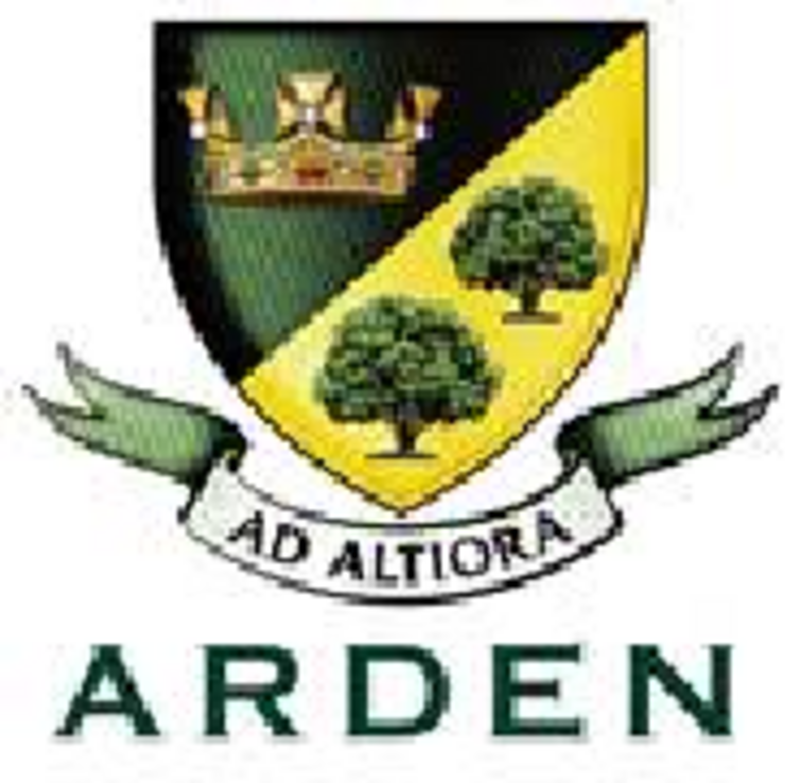Our new specification will excite your students’ minds, challenge perceptions, and stimulate their investigative and analytical skills. Whilst new units have been added to reflect the world today, you’ll see it’s retained much of the topics you and your students enjoy, including hazards and population. We created it with the help of experienced teachers, so we’re confident you’ll find it practical to teach too. Content enables you to teach AS simultaneously with the first year of A-level, allowing for maximum flexibility in lesson timetabling and teaching resources. We want to make the transition to this new qualification as smooth for you as possible, so we’ve created a number of resources. These include clear and inspiring schemes of work, lesson plans, and a toolkit designed to help you with the new fieldwork requirements. All of this will help you provide your students with the knowledge, skills, and enthusiasm sought by higher education and employers. Physical Geography: • Hazards • Coastal Systems & Landscapes • Water & Carbon Cycles Human Geography: • Global Systems & Global Governance • Changing Places • Contemporary Urban Environments Geography Fieldwork Investigation: Over the course of the two years, it is expected that pupils will undertake 4 days of fieldwork. This fieldwork will incorporate both Human and Physical Geography. It will be used to write individual investigations.
Geography GCSE Grade 6
Component 1: Physical geography What's assessed: Section A: Water and carbon cycles Section B: either Hot desert systems and landscapes or Coastal systems and landscapes or Glacial systems and landscapes Section C: either Hazards or Ecosystems under stress How it's assessed: • Written exam: 2 hours 30 minutes • 120 marks • 40% of A-level Questions • Section A: answer all questions (36 marks) • Section B: answer either question 2 question 3 or question 4 (36 marks) • Section C: answer either question 5 or question 6 (48 marks) • Question types: short answer, levels of response, and extended prose Component 2: Human geography What's assessed: Section A: Global systems and global governance Section B: Changing places Section C: Either contemporary urban environments or Population and the environment or Resource security How it's assessed: • Written exam: 2 hours 30 minutes • 120 marks • 40% of A-level Questions: • Section A: answer all questions (36 marks) • Section B: answer all questions (36 marks) • Section C: answer either question 3 question 4 or question 5 (48 marks) • Question types: short answer, levels of response, extended prose Component 3: Geography fieldwork investigation What's assessed: Students complete an individual investigation which must include data collected in the field. The individual investigation must be based on a question or issue defined and developed by the student relating to any part of the specification content. How it's assessed: • 3,000–4,000 words • 60 marks • 20% of A-level • marked by teachers • moderated by AQA
About Education Provider
| Region | West Midlands |
| Local Authority | Solihull |
| Ofsted Rating | Good |
| Gender Type | Co-Educational |
| Address | Station Road, Knowle, Solihull, B93 0PT |
Our new specification will excite your students’ minds, challenge perceptions, and stimulate their investigative and analytical skills. Whilst new units have been added to reflect the world today, you’ll see it’s retained much of the topics you and your students enjoy, including hazards and population. We created it with the help of experienced teachers, so we’re confident you’ll find it practical to teach too. Content enables you to teach AS simultaneously with the first year of A-level, allowing for maximum flexibility in lesson timetabling and teaching resources. We want to make the transition to this new qualification as smooth for you as possible, so we’ve created a number of resources. These include clear and inspiring schemes of work, lesson plans, and a toolkit designed to help you with the new fieldwork requirements. All of this will help you provide your students with the knowledge, skills, and enthusiasm sought by higher education and employers. Physical Geography: • Hazards • Coastal Systems & Landscapes • Water & Carbon Cycles Human Geography: • Global Systems & Global Governance • Changing Places • Contemporary Urban Environments Geography Fieldwork Investigation: Over the course of the two years, it is expected that pupils will undertake 4 days of fieldwork. This fieldwork will incorporate both Human and Physical Geography. It will be used to write individual investigations.
Geography GCSE Grade 6
Component 1: Physical geography What's assessed: Section A: Water and carbon cycles Section B: either Hot desert systems and landscapes or Coastal systems and landscapes or Glacial systems and landscapes Section C: either Hazards or Ecosystems under stress How it's assessed: • Written exam: 2 hours 30 minutes • 120 marks • 40% of A-level Questions • Section A: answer all questions (36 marks) • Section B: answer either question 2 question 3 or question 4 (36 marks) • Section C: answer either question 5 or question 6 (48 marks) • Question types: short answer, levels of response, and extended prose Component 2: Human geography What's assessed: Section A: Global systems and global governance Section B: Changing places Section C: Either contemporary urban environments or Population and the environment or Resource security How it's assessed: • Written exam: 2 hours 30 minutes • 120 marks • 40% of A-level Questions: • Section A: answer all questions (36 marks) • Section B: answer all questions (36 marks) • Section C: answer either question 3 question 4 or question 5 (48 marks) • Question types: short answer, levels of response, extended prose Component 3: Geography fieldwork investigation What's assessed: Students complete an individual investigation which must include data collected in the field. The individual investigation must be based on a question or issue defined and developed by the student relating to any part of the specification content. How it's assessed: • 3,000–4,000 words • 60 marks • 20% of A-level • marked by teachers • moderated by AQA
